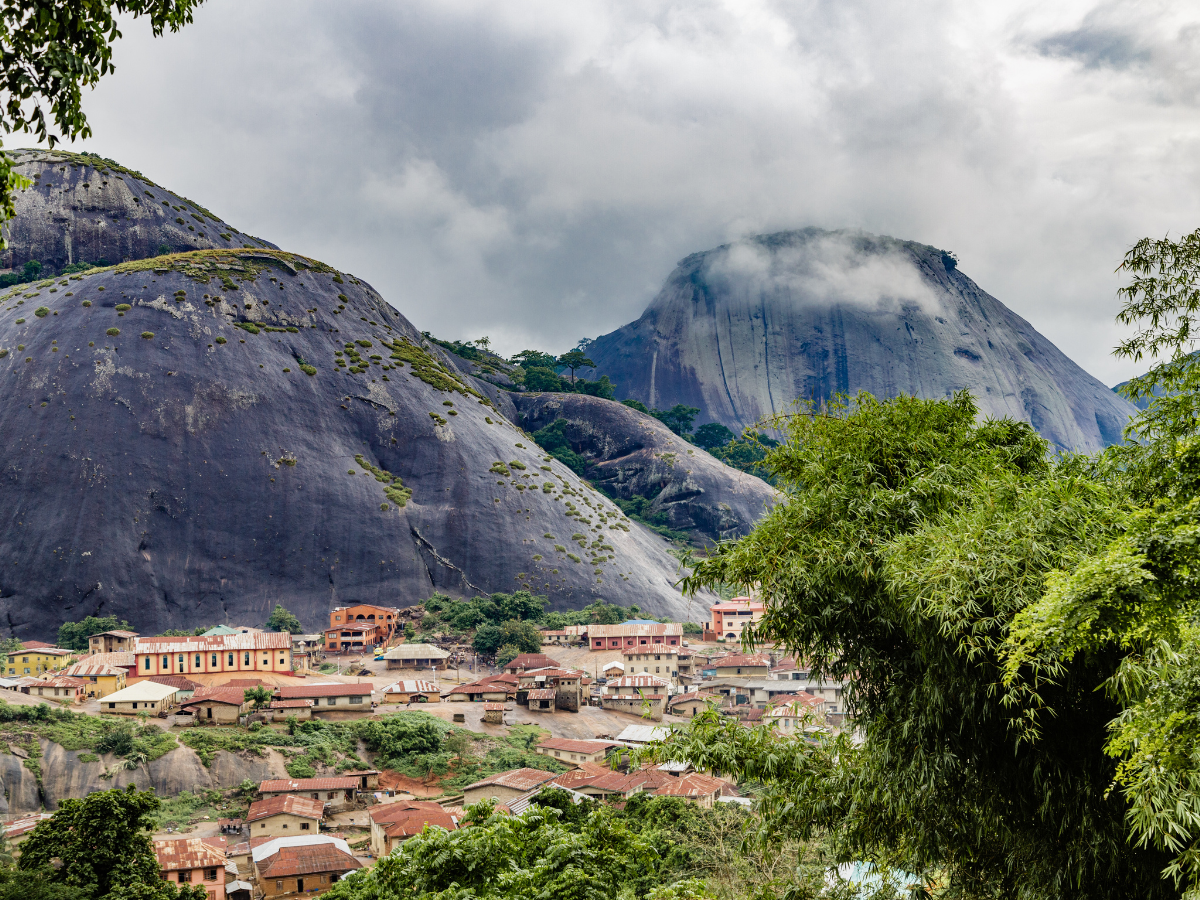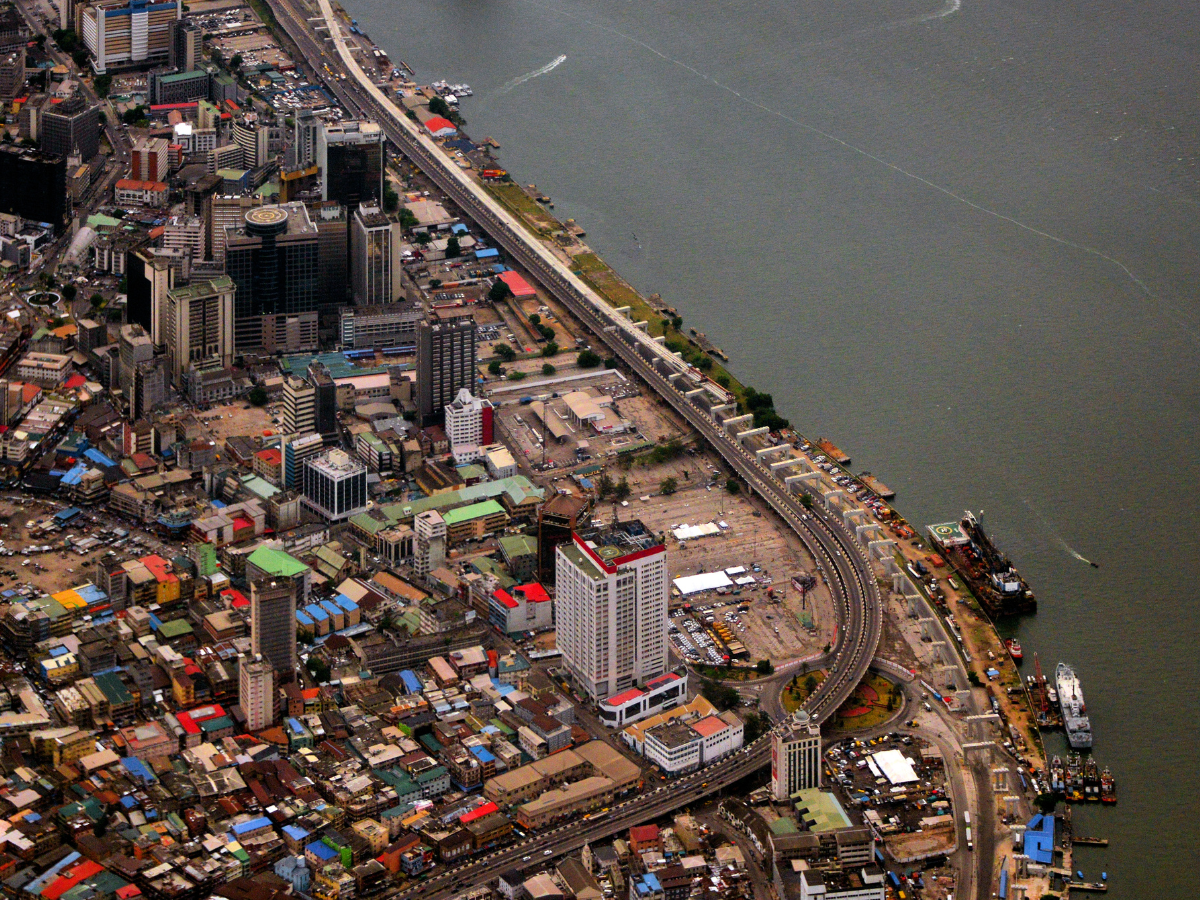Nigeria, often referred to as the “Giant of Africa,” is a nation of vast diversity, vibrant cultures, and dynamic energy. Located in West Africa, Nigeria is the most populous country on the continent and holds a significant influence in regional and international affairs. Here’s an overview of this multifaceted nation:
Diverse Landscapes:
Nigeria boasts diverse landscapes that range from lush rainforests and savannahs to arid deserts. The Niger River, one of Africa’s longest rivers, flows through the country, shaping the land and supporting agriculture. Nigeria’s natural beauty is complemented by iconic landmarks such as the Zuma Rock and Erin Ijesha Waterfall, drawing travelers seeking both cultural and natural experiences.
Cultural Mosaic:
Home to over 250 ethnic groups, Nigeria is a melting pot of cultures, languages, and traditions. The three major ethnic groups — the Hausa-Fulani, Yoruba, and Igbo — contribute significantly to the country’s rich tapestry of diversity. Each group brings its own unique customs, music, dance, and cuisine, making Nigeria a fascinating destination for cultural exploration.
Economic Powerhouse:
Nigeria has a robust and diverse economy, primarily driven by oil production. As one of the world’s leading oil exporters, the energy sector plays a crucial role in the country’s economic landscape. In recent years, efforts have been made to diversify the economy, with sectors such as agriculture, telecommunications, and services gaining prominence.
Nollywood and the Arts:
Nigeria is renowned for its vibrant entertainment industry, particularly Nollywood, which is the second-largest film industry in the world by the number of annual film productions. Nigerian music, especially Afrobeat, has gained international acclaim, with artists like Fela Kuti and contemporary musicians leaving an indelible mark on the global music scene.
Hospitality and Warmth:
Nigerians are known for their warmth and hospitality. Visitors often find themselves welcomed with open arms, experiencing the country’s legendary friendliness. The local markets, street food, and cultural festivals provide immersive opportunities for travelers to engage with the heart and soul of Nigeria.
While Nigeria faces challenges like any other nation, its resilience, cultural richness, and economic potential contribute to its significance on the African continent and the global stage.



